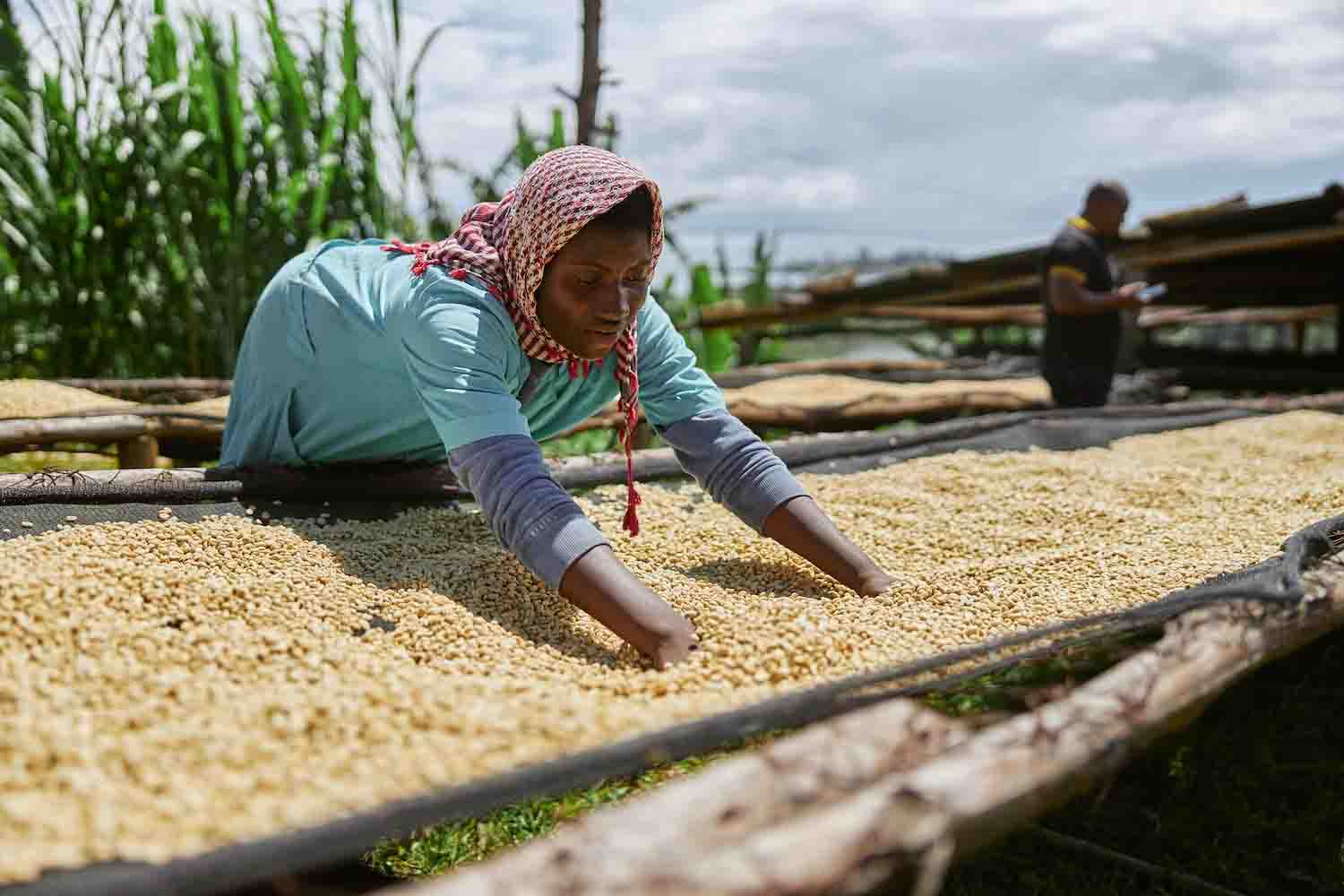in Gap-Closing Startups
Gap-closing startups are those that aim to address social or economic disparities and create opportunities for underrepresented communities. These startups often face unique challenges in accessing funding, as investors may prioritize companies with higher growth potential. However, there is growing interest in investing in these types of startups, with a number of funds and initiatives specifically targeting them. For example, the newly launched Beyond Capital Fund focuses on investing in startups that are working to alleviate poverty in India and East Africa.
Flexible Growth Capital in Uganda
In Uganda, a new fund is providing flexible growth capital to small and medium-sized enterprises (SMEs) in the country. The fund, called the Uganda Development Bank (UDB) Growth Capital Fund, is a joint initiative between the UDB and the Private Sector Foundation Uganda (PSFU). It aims to provide SMEs with access to financing that is tailored to their specific needs, such as longer-term loans and flexible repayment schedules. The fund is part of a broader effort to support Uganda’s economic development by promoting private sector growth.
Affordable Housing in West Africa
The lack of affordable housing is a major issue in many parts of the world, particularly in urban areas. In West Africa, a new initiative is aiming to address this problem by providing low-cost, environmentally sustainable housing solutions. The initiative, called the Affordable Housing Initiative for West Africa (AHWA), is a partnership between the United Nations Human Settlements Programme (UN-Habitat) and the African Development Bank. It aims to promote the use of alternative building materials and technologies, as well as innovative financing models, to make housing more accessible to low- and middle-income families.
Reversing Biodiversity Loss
Biodiversity loss is a global issue that threatens the health of ecosystems and the well-being of communities around the world. However, a new initiative is aiming to reverse this trend by promoting the restoration of degraded lands and the protection of biodiversity. The initiative, called the African Forest Landscape Restoration Initiative (AFR100), is a partnership between the African Union, the World Bank, and other organizations. It aims to restore 100 million hectares of degraded land in Africa by 2030, with a focus on promoting sustainable land use practices and supporting local communities.
Deinfluencers
Social media influencers have become a powerful force in marketing, with many companies investing heavily in influencer campaigns to promote their products. However, a new trend is emerging: “deinfluencers.” These are individuals who use their social media platforms to promote ethical consumption and discourage excessive consumption. Deinfluencers often focus on issues such as sustainability, social justice, and animal welfare, and encourage their followers to make more conscious choices about what they buy and consume. As consumers become increasingly aware of the impact of their purchasing decisions, the influence of deinfluencers is likely to grow.







